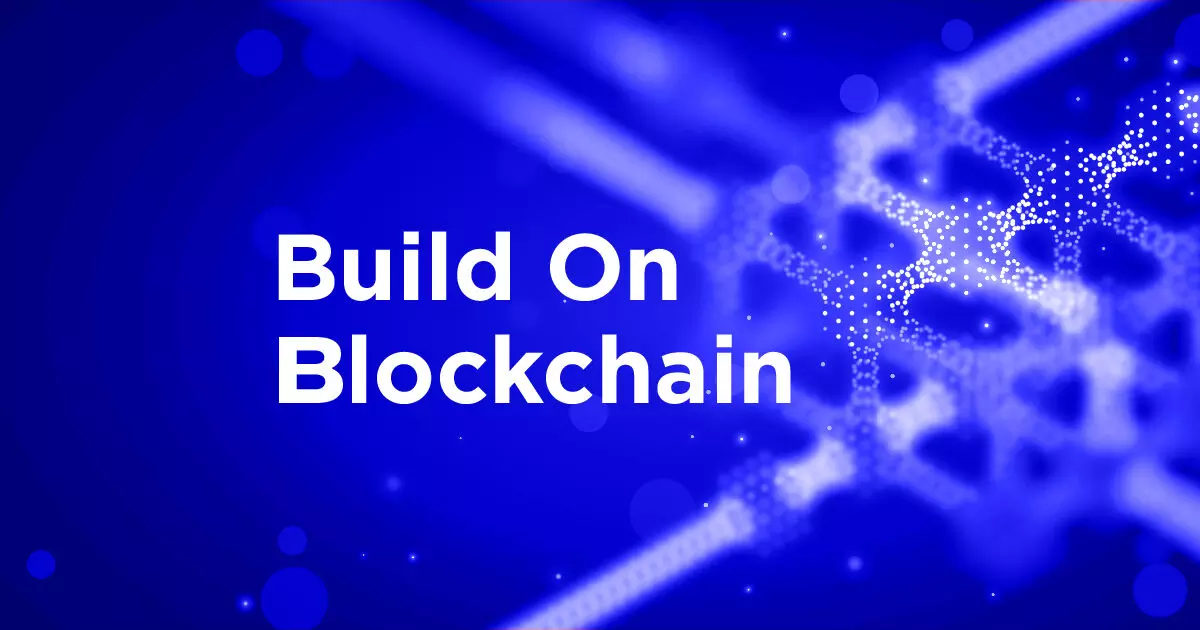
- Home
- Technology
- SEWA Is Rewriting ‘Herstory’, This Time...
SEWA Is Rewriting ‘Herstory’, This Time On Blockchain
A tech-driven initiative by the Self Employed Women’s Association is helping workers in the country’s informal economy access formal credit and maintain their employment records.

Blockchain is often talked about with regard to cryptocurrencies and complex supply chain systems. But there is a lesser-known aspect to it: its power to build trust and create an ecosystem for inclusion.
A transformation like that has been taking place in some parts of the country’s informal economy where women run businesses from home, clean houses for a living, or sell fish and vegetables.
There are no protests or slogans. Just a desire for change and a better life by doing something new: going digital via blockchain, thanks to the initiatives by the Self Employed Women’s Association (SEWA).
The 53-year-old union of informal women workers, established in 1972, has always led from the front in championing worker rights and assisting their collective struggle for social justice, equality, and fair treatment.
Recently, it went a few steps further by using blockchain to solve some real-world problems for women, most of whom didn’t even own smartphones.
Linking Data With Dignity
SEWA, active in 50 districts of 12 states in India, realised that its pursuit of women’s upliftment needed to keep pace with the digital advancements around them.
The problem it chose to address was right in front of them. For millions of informal workers — be it a street vendor or a home-based embroiderer — there was no digital proof of their work experience, skills, or financial transactions. Because of this, they did not get access to formal credit and had very little bargaining power.
SEWA, in association with Algorand, started working on a blockchain project to digitise and secure important worker-related documents — ID cards, experience certificates, and even transaction histories — on the blockchain.
These records stay in the system for good because they can never be altered or deleted.
The idea wasn’t just to go digital in the traditional sense of the term, but to make these documents portable, verifiable, tamper-proof, and also accessible anytime and anywhere.
This was necessary because these documents, as acknowledged by SEWA chairperson Mirai Chatterjee in a recent interaction with The Core, are misplaced or lost, making it difficult for workers to prove their identity or credibility.
The ultimate goal of the digital push, Chatterjee added, was to help them get bank loans, avail themselves of social security schemes, and become authentic beneficiaries of government welfare programmes.
Custodial Wallet System
In April this year, SEWA announced that it is now scaling its digital programming to support access to health services using the infrastructure built on the Algorand blockchain.
It is onboarding thousands of women into a blockchain-enabled custodial wallet system through a new Digital Health Passport initiative.
This system integrates with Aadhaar and DigiLocker, a document-storage platform, to securely manage and verify the documentation required to access government programmes such as primary health care, child care, and pensions.
The initiative is aimed at breaking one of the most persistent barriers to inclusion: the lack of proper documentation, such as name mismatch and document loss.
SEWA's community-based workers, known as Aagewans, visit households across different communities in Gujarat to help women identify and upload the necessary documentation into their secure digital wallets.
In the process, it’s not just digitising documents; it’s preserving identities and uplifting individuals in an unprecedented way.
Final Words: Lessons for Others
Blockchain, often seen as abstract or speculative, is being quietly incorporated by organisations like SEWA in the everyday lives of India’s working poor.
There’s a powerful lesson here for others working in similar spaces: do not build tech for people; rather, build it with them.
As Mirai Chatterjee once said: “We have found right from the beginning that women adapt to technology and love to use technology. It's just that it has to be co-created and developed in a language accessible to them and that’s easy to use.”
For NGOs, cooperatives, or even governments working with informal workers, SEWA’s blockchain experiment offers a credible and meaningful blueprint that not only makes things easier but also provides an identity, voice, and power to the invisible.
This series is brought to you in partnership with Algorand.
A tech-driven initiative by the Self Employed Women’s Association is helping workers in the country’s informal economy access formal credit and maintain their employment records.
Rohini Chatterji is Deputy Editor at The Core. She has previously worked at several newsrooms including Boomlive.in, Huffpost India and News18.com. She leads a team of young reporters at The Core who strive to write bring impactful insights and ground reports on business news to the readers. She specialises in breaking news and is passionate about writing on mental health, gender, and the environment.

